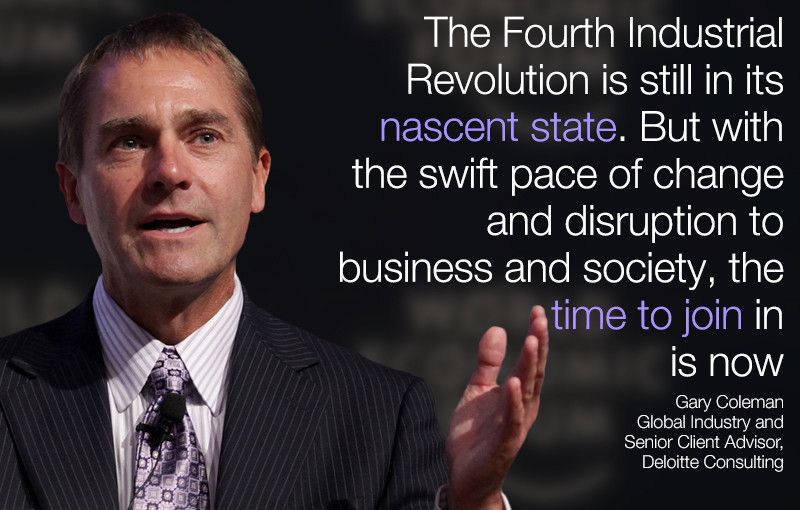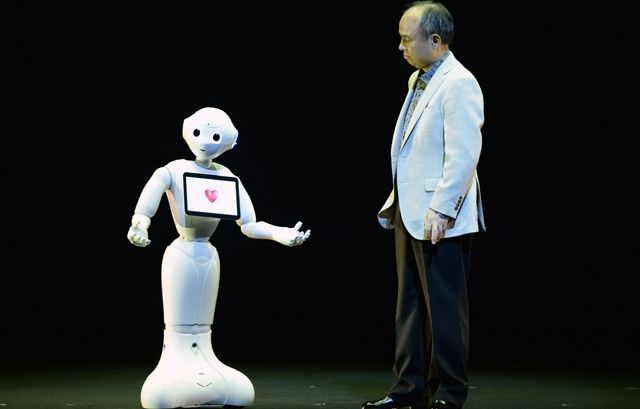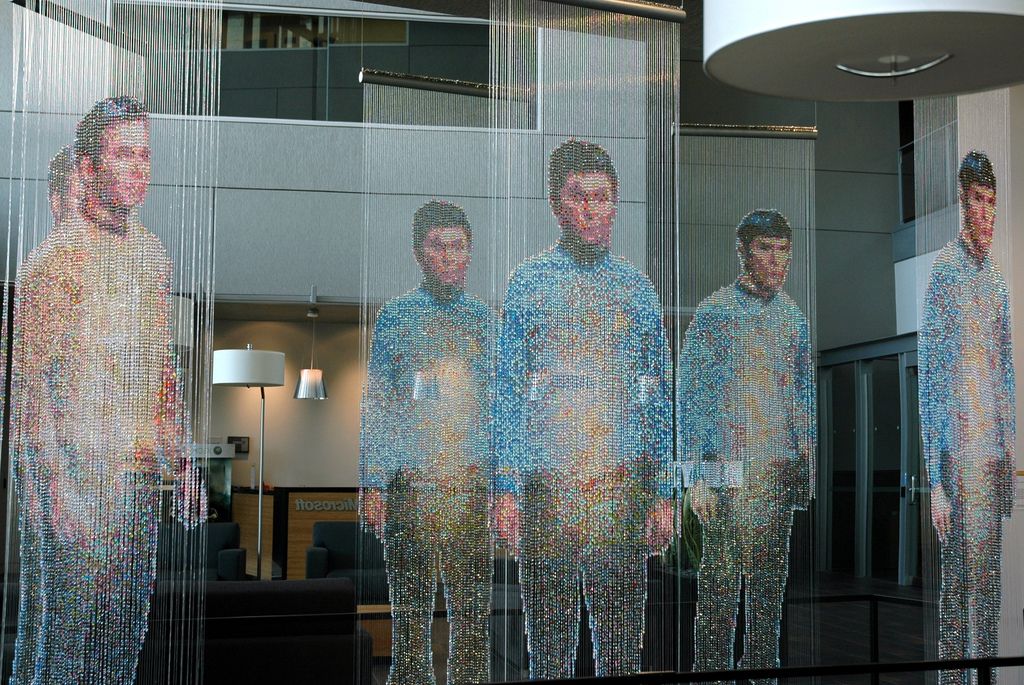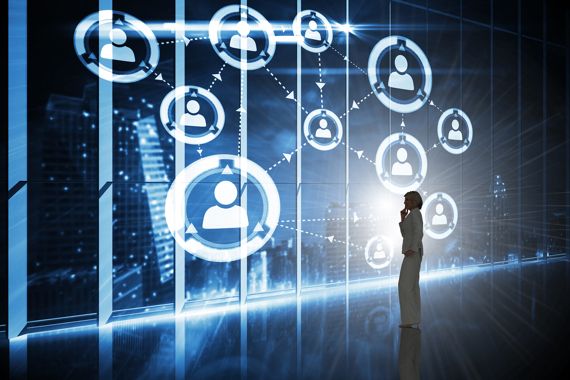Jan 20, 2016
Quantum computing is coming — are you prepared for it?
Posted by Karen Hurst in categories: business, computing, economics, quantum physics
2 weeks ago, I posted a big announcement was coming; well we have officially received it. Now, the question is “WILL YOU BE READY?” Within less than 4 years (2020) Quantum will be available. Everyone needs to be planning and getting budgets and resources in place for this massive transformation that is coming within 4 years. It will be expensive, time consuming, and a lot of prep work around business and it needs to be assessed, planned, and position to onboard quickly to quantum because other countries (including hackers) are going to be on quantum as well meaning more powerful network and platforms to attack older systems. https://lnkd.in/baSZrBY
Quantum computing will change lives, society and the economy and a working system is expected to be developed by 2020 according to a leading figure in the world of quantum computing, who will talk tomorrow Jan. 21, 2016 at the World Economic Forum (WEF) in Davos, Switzerland.
Professor O’Brien, Director of the Centre for Quantum Photonics at the University of Bristol and Visiting Fellow at Stanford University, is part of a European Research Council (ERC) Ideas Lab delegation who have been invited to talk at the annual meeting to industrial and political leaders of the world, including Prime Minister David Cameron. The session will discuss the future of computing and how new fields of computer sciences are paving the way for the next digital revolution.
Continue reading “Quantum computing is coming -- are you prepared for it?” »

















